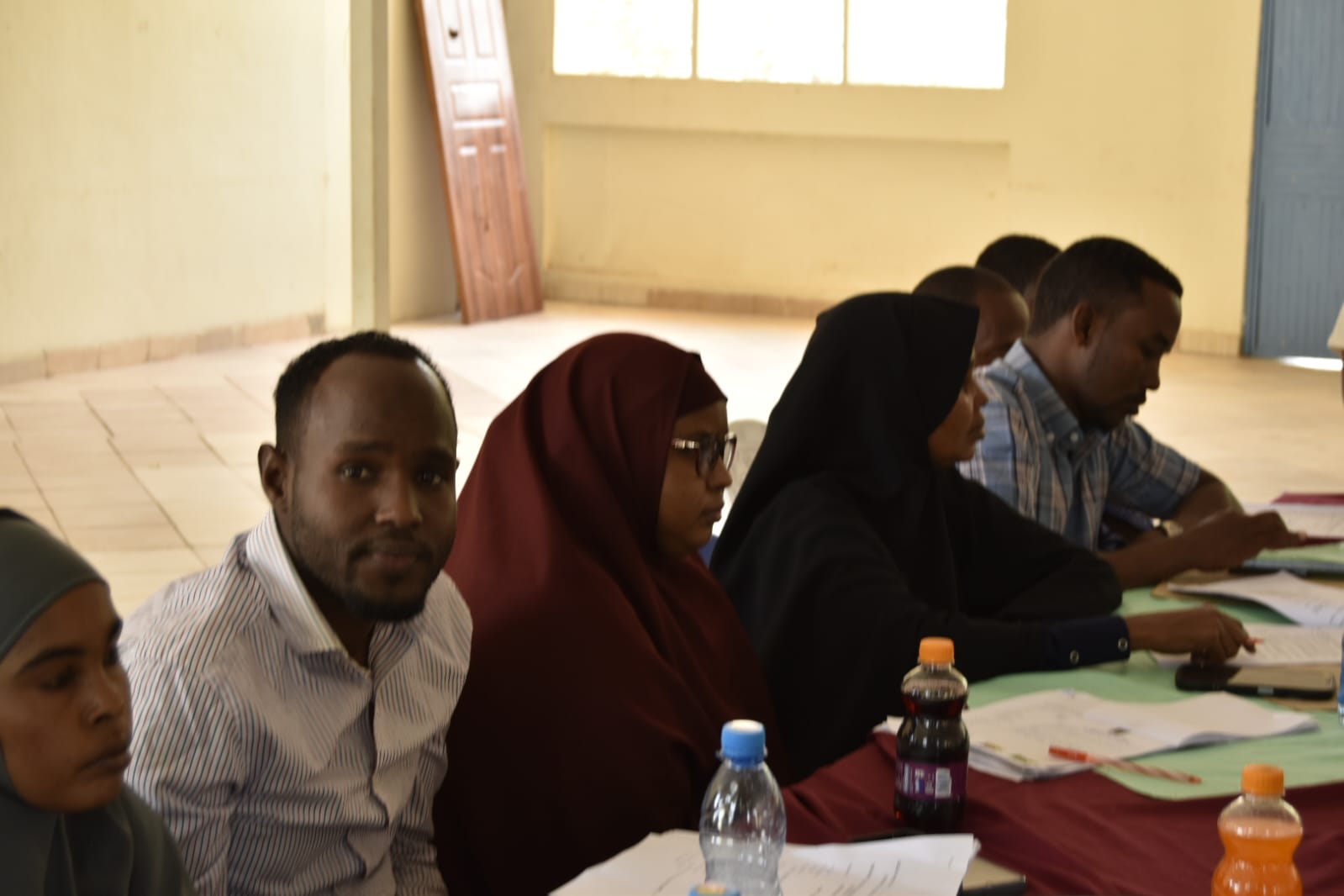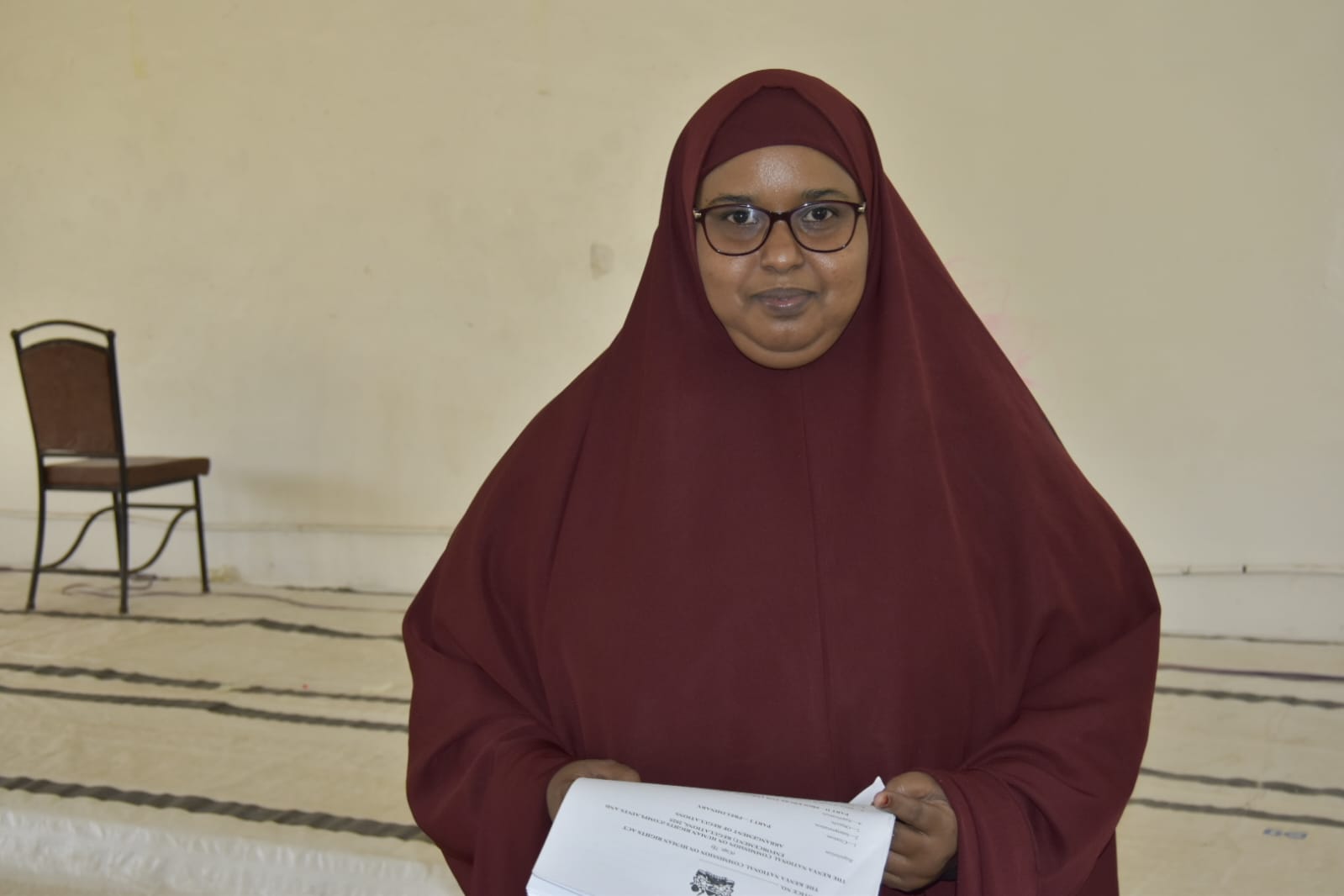

The Kenya National Commission on Human Rights (KNCHR) has called for intensified awareness campaigns in the North Eastern region to help residents fully understand and exercise their rights.
Denis Wamalwa, a commissioner with KNCHR, said low literacy levels in the region were a major reason why many people remain unaware when their rights are violated.
He was speaking in Garissa during a public participation forum on the Draft Complaints and Enforcement Regulations 2025.
“KNCHR recognises that ignorance of one’s rights remains a significant barrier to justice. We therefore call for an urgent and coordinated effort to intensify civic education and human rights awareness across the region,” he said.
During the meeting, participants highlighted the challenge of low literacy, particularly among rural residents, who often struggle to understand where their rights begin and end.
Wamalwa emphasised that all stakeholders must be involved in educating citizens on their rights and the appropriate channels to report violations.

Among the most commonly reported human rights violations in the region are extrajudicial killings, enforced disappearances, arbitrary arrests and detention, torture, and inhumane treatment.
Other concerns include female genital mutilation (FGM), early and forced marriages, forced evictions, and land grabbing.
Fatuma Bathi, a human rights defender based in Garissa, acknowledged that while progress has been made in human rights protection, much more remains to be done.
“Looking at the issue of human rights holistically, I would say as a region, we have come a long way. The situation has tremendously improved. Perpetrators now know the law can catch up with them quickly. Equally, victims now understand the proper channels for reporting violations,” she said.
She proposed that community-based sensitisation programs be conducted using local languages through local FM stations, targeting rural and illiterate populations who are most affected.
Fatuma also called for increased presence of human rights officers and more outreach programs in remote areas.
“We also need to see strengthened collaboration between the security apparatus, local leaders, civil society organisations, and the media to promote a culture of rights and accountability,” she added.
She thanked the commission for actively following up on cases of enforced disappearances and extrajudicial killings, which she said still occur in the region.
She also highlighted gender-based violence as a serious concern requiring urgent and coordinated interventions from all stakeholders.
Muktar Dahir, another human rights defender, noted that human rights violations in the region remain high and reiterated the need to focus more on awareness creation.
“In this part of the country, we deal with numerous cases of human rights violations almost daily, ranging from extrajudicial killings, enforced disappearances, arbitrary arrests, abductions, police brutality, to gender-based violence. Our work will be much easier when we are dealing with an informed population,” he said.
















